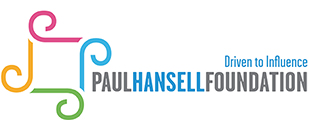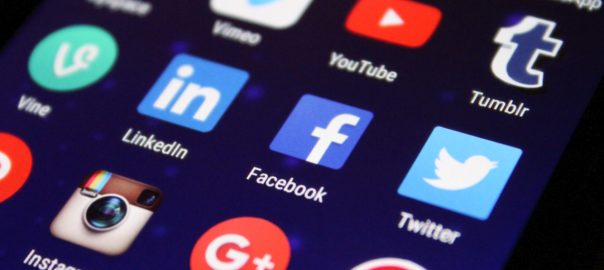Social media is omnipresent and fundamental in shaping the lives of youth today. Platforms like Instagram, Snapchat, and YouTube have accelerated over the past few years, taking over the social media scene and capturing the attention of society all over the world. It’s provided an outlet for people of all ages to form and strengthen their communication and social networks, discover and pursue personal interests, and allow for personal self expression.
The Rise of Social Media Consumption
Given the current state of the world, most of us would agree that social media is more essential now than ever. We have seen an increase in media consumption across all generations since the COVID-19 outbreak. According to a Visual Capitalist article published earlier this month, 68% of consumers are relying on the Internet for online pandemic updates (Jones, 2020). Furthermore, as social distancing measures have been put in place, social media has spiked as a highly used channel to keep up with our friends and family and stay connected.
Digital Drain
It’s undeniable that social media has many benefits to society, especially during this unprecedented time. That being said, as social media has become so saturated with negative, panic-inducing information, it’s also important to check in with ourselves and others to ensure we are not becoming too overwhelmed. According to a recent resource guide published by the University of Nevada, Reno:
“Adolescents who use social media more than three hours per day ‘may be at heightened risk of mental health problems, particularly internalizing problems'” (2020).
The intensity of the online world is difficult to navigate, and has the potential to lead to mental health concerns if we’re not cautious. As a professional social media marketer and consultant, Sonya Kerr knows all too well that the ‘digital drain’ of too much screen time can cause: “anxiety, distractibility and loneliness,” (Collie, 2020).
So How Can We Protect Our Mental Health?
Set Limits. You might be noticing that those weekly screen time reports are slowly increasing. It’s easy to lose track of how much time you’re spending scrolling through social media apps. To help with this, try setting timers that will notify you when you’ve reached your daily time limit. You’ll be surprised how quickly you reach it! Here’s a quick tutorial on how to set up app limits: https://bit.ly/2VffLXR
Know Your Sources. It seems like the only thing the world is talking about right now is COVID-19. With so much information presented to us everywhere we look, it’s easy to become quickly overwhelmed. Limit your information sources to only a few credible ones that provide accurate, impartial facts. Check in enough to stay informed, and then log off.
Unplug. When it comes down to it, most of us are spending too much time scrolling through social media simply because we are bored. We’re not going out except when essential, we’re not seeing our friends, and many of us are no longer even going to work. This sudden disruption has likely caused many of us to turn to social media to stay entertained. By scheduling time every day for non-digital activities, whether that’s working out, reading, or starting a new hobby, we can help combat this boredom while also limiting our online exposure.
Remember, this is an incredibly challenging time for all of us. No one could have prepared for something like this and we’re all handling it in our way. Try not to be too hard on yourself, you’re only human and you’re doing the best you can.
Leave a comment letting us know what you’re doing to protect your mental health!
Sources:
https://www.visualcapitalist.com/media-consumption-covid-19/
https://globalnews.ca/news/6700880/coronavirus-social-media-mental-health/
Follow us on social media!
https://twitter.com/PaulHansellFdn







“Adolescents who use social media more than three hours per day ‘may be at heightened risk of mental health problems, particularly internalizing problems’” best quote of the years and now are living with digital brain.That why we are not conscious about our health and nutrition
great blog topic! One thing I would like to add is having no technology zones in your house. For example, I don’t allow my phone in my bedroom, it charges outside my room and I rely on a tradition alarm clock. This way I end and begin my day without the habit of checking my phone and letting social media dictact my mental health.